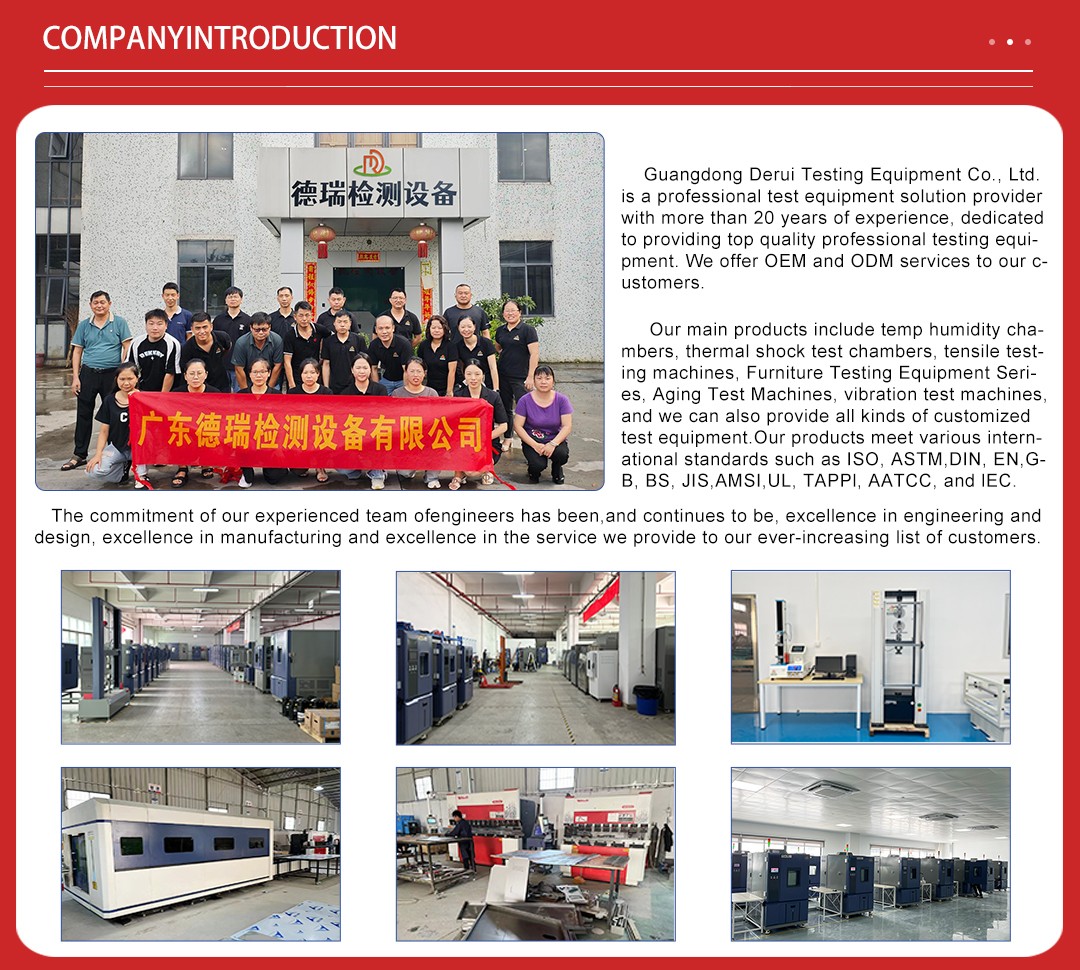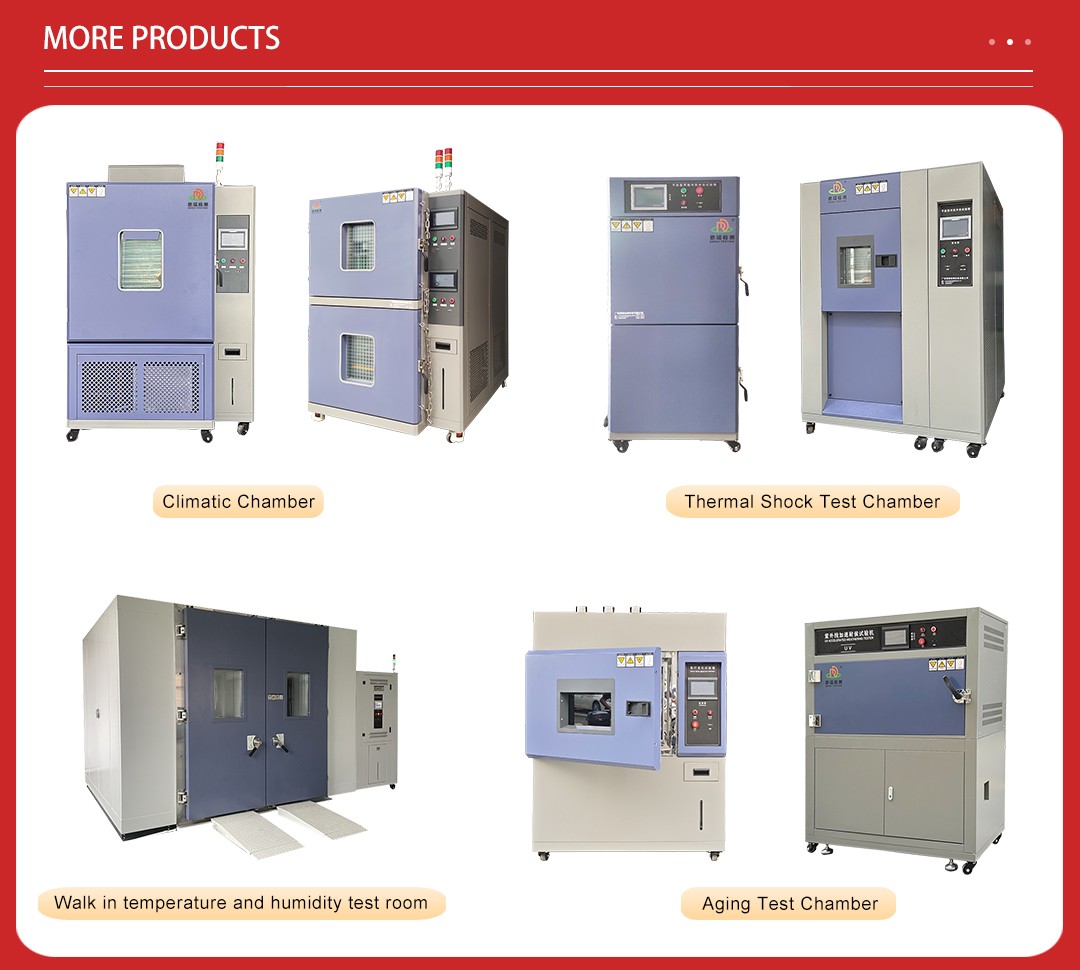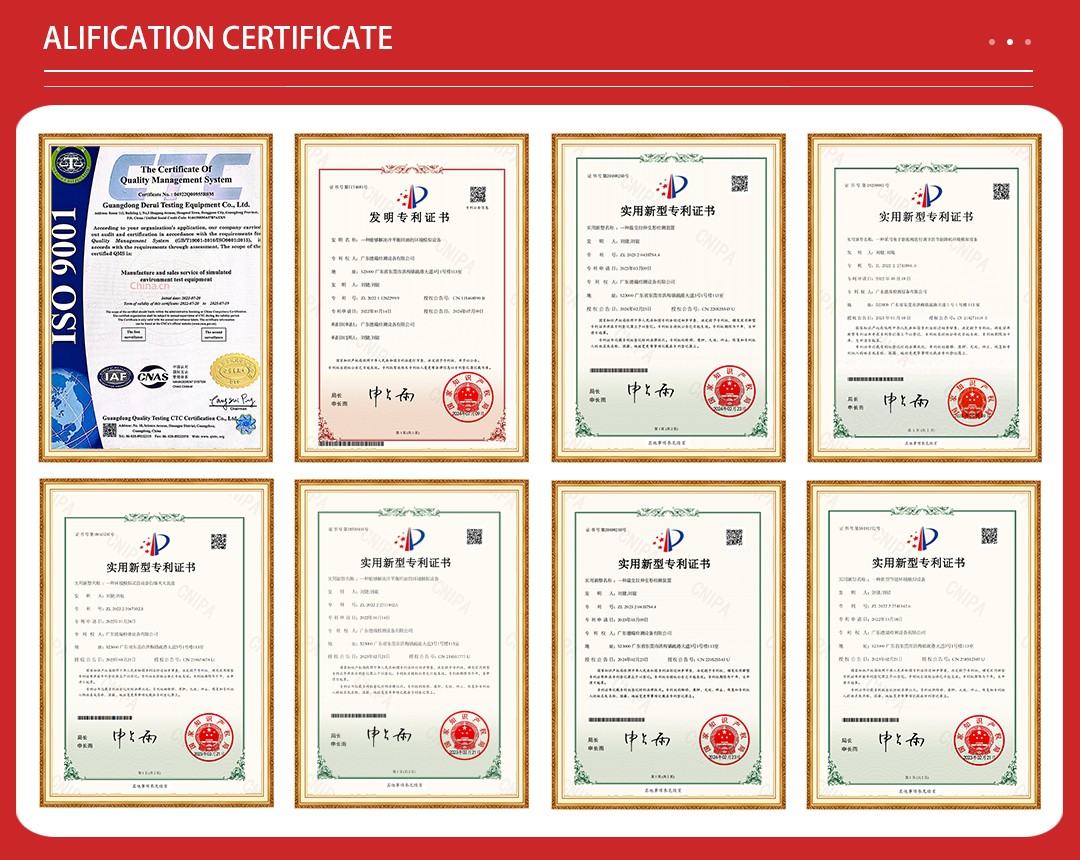
An industrial oven, also known as an industrial drying oven or curing oven, is a large-scale thermal processing equipment widely used in manufacturing and production environments. Its primary function ...

An industrial oven, also known as an industrial drying oven or curing oven, is a large-scale thermal processing equipment widely used in manufacturing and production environments. Its primary function is to heat, dry, cure, or bake materials or products under controlled temperature and humidity conditions. These ovens are indispensable in industries such as electronics, automotive, pharmaceuticals, food processing, textiles, and coatings, among others.

Material Drying: In many manufacturing processes, materials such as plastics, metals, and textiles require uniform drying before further processing. Industrial ovens ensure that moisture is effectively removed from products without compromising their structure or quality.
Curing: For coatings, paints, and adhesives, industrial ovens provide a controlled environment to cure these substances to achieve optimal hardness, adhesion, and resistance properties.
Baking and Sterilization: In the food processing industry, industrial ovens are used for baking, roasting, or sterilizing products. In pharmaceutical settings, they may be employed for sterilizing equipment or preparing certain products under precise thermal conditions.
Heat Treatment: Some industrial ovens are used for heat treating metals, such as annealing, tempering, or hardening, to enhance the material's strength, toughness, and durability.

Temperature Control: Industrial ovens are equipped with advanced temperature control systems to ensure consistent and precise heat distribution. They typically have a wide temperature range, from low to high heat, depending on the application.
Even Heat Distribution: Many industrial ovens utilize forced air circulation or convection systems to ensure that heat is evenly distributed throughout the oven. This helps to prevent hot spots, ensuring uniform treatment of materials.
Energy Efficiency: Modern industrial ovens are designed with energy efficiency in mind. They are often insulated to reduce heat loss, improving energy consumption and minimizing operational costs.
Customizable Designs: Depending on the industry requirements, industrial ovens can be customized in terms of size, shape, and internal configuration. This flexibility allows manufacturers to meet specific processing needs.
Safety Features: Safety is paramount in industrial environments, so industrial ovens come equipped with features such as over-temperature protection, alarms, and emergency shutoff mechanisms to prevent accidents or damage to products.

Industrial ovens play a crucial role in various industrial processes by providing controlled thermal environments for drying, curing, heat treatment, and sterilization. With their diverse applications, customizable designs, and advanced features, these ovens are vital tools for ensuring high-quality product output and efficient manufacturing operations across many sectors. Whether for high-volume production or specialized, precise processes, industrial ovens offer the reliability and versatility that modern industries require.

